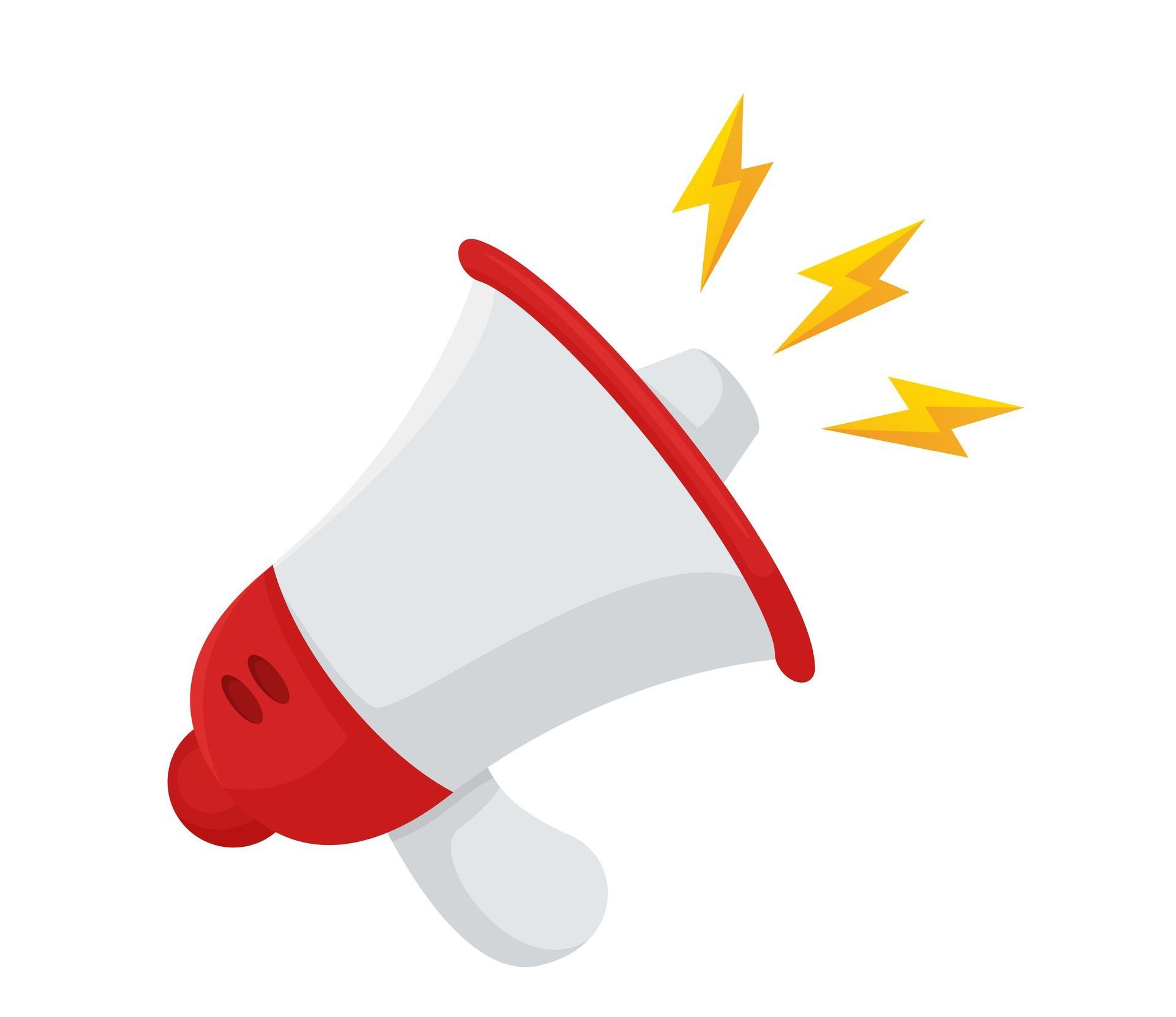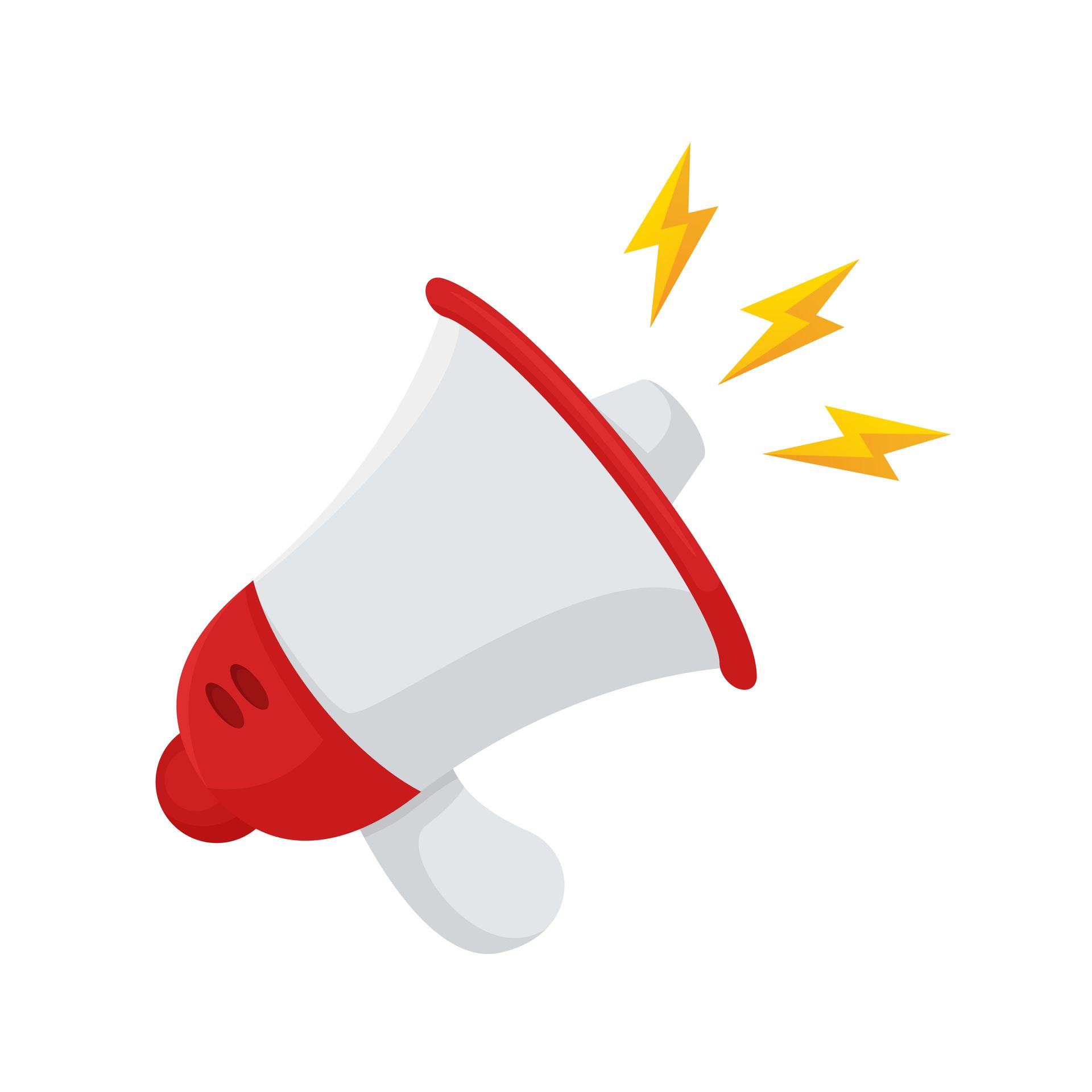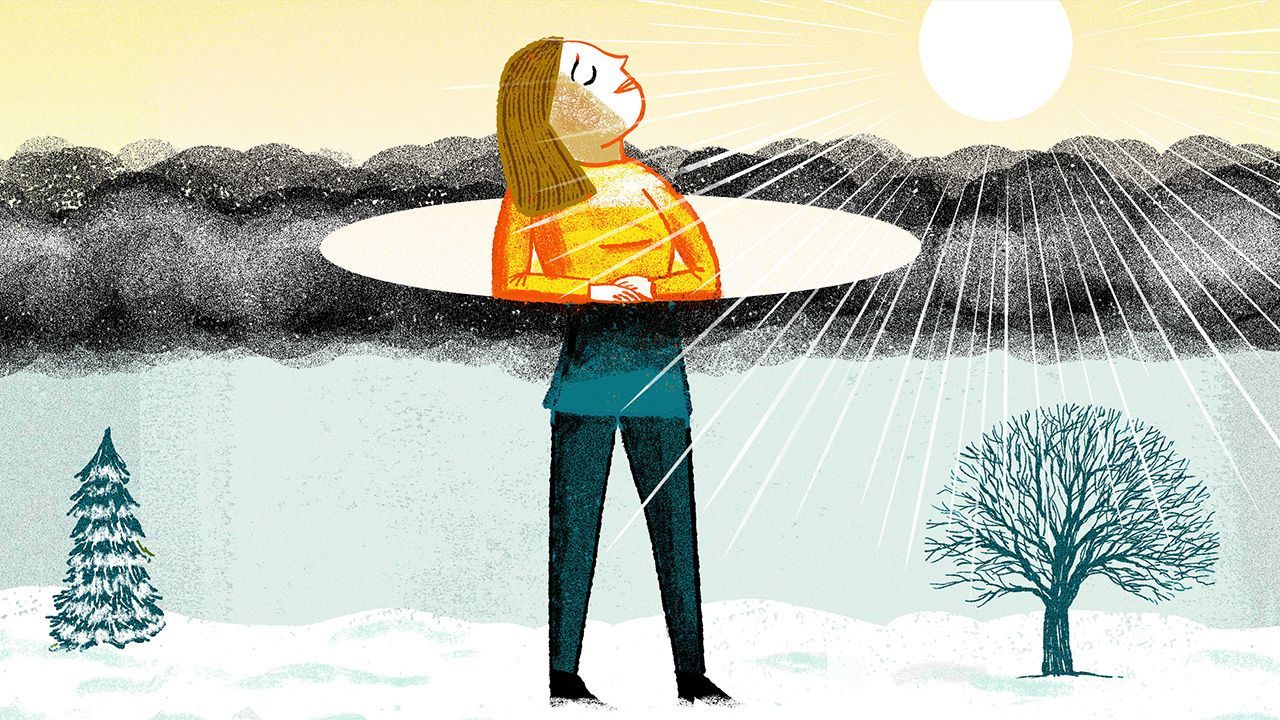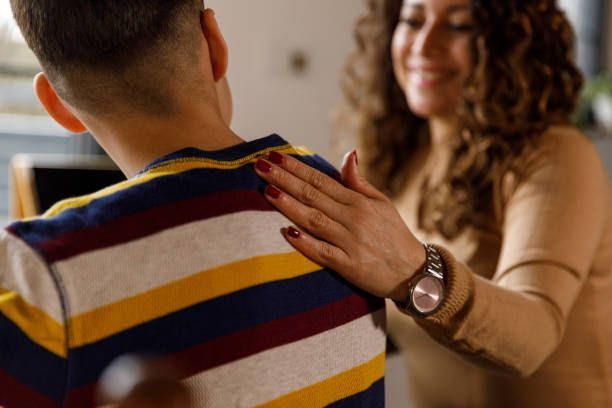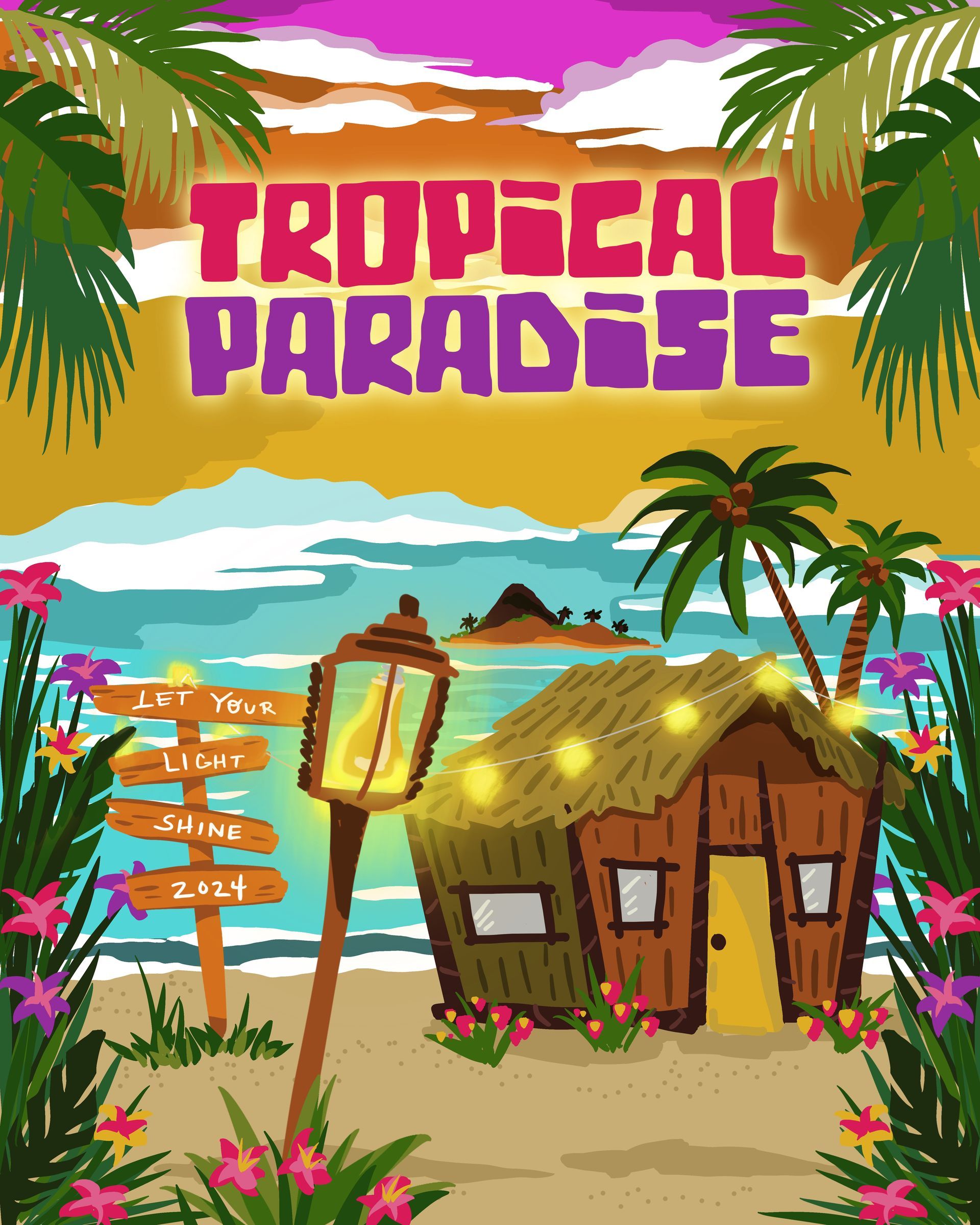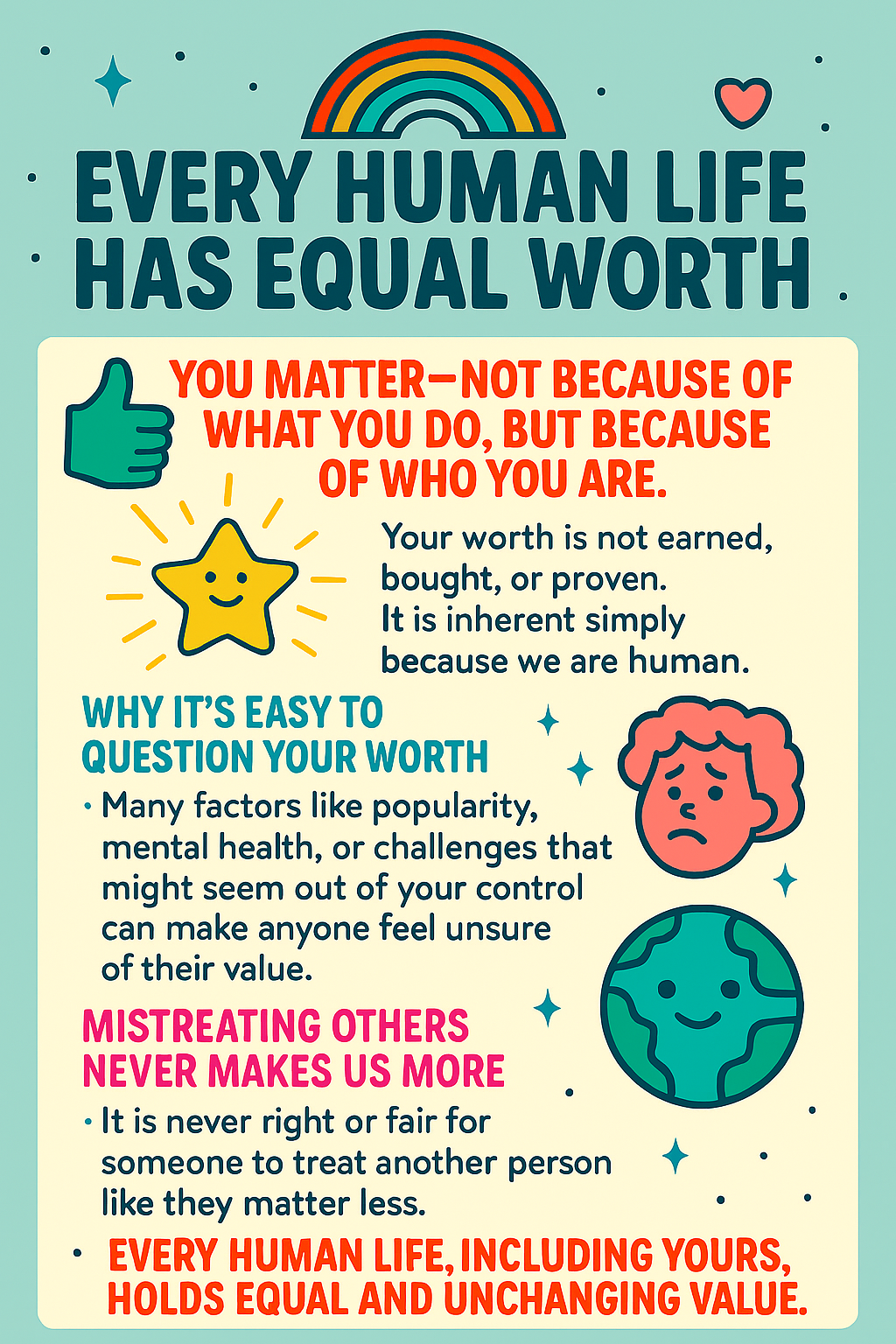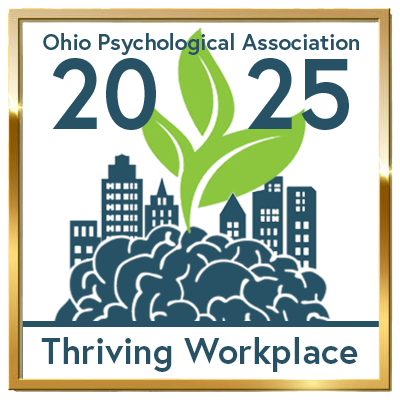The United States has had a conflicted past regarding the use and effects of drugs and alcohol consumption. Prohibition in the Roaring 1920s led to bootlegging and then to changing the drinking laws from age 18 to 21 in the late 1980s.
The Golden Age of Hollywood in the 1950s romanticized the use of tobacco showing wildly popular movie star icons smoking in movies. Oftentimes television programs showed the father figure coming home from a day at work and having a drink of whiskey or bourbon.
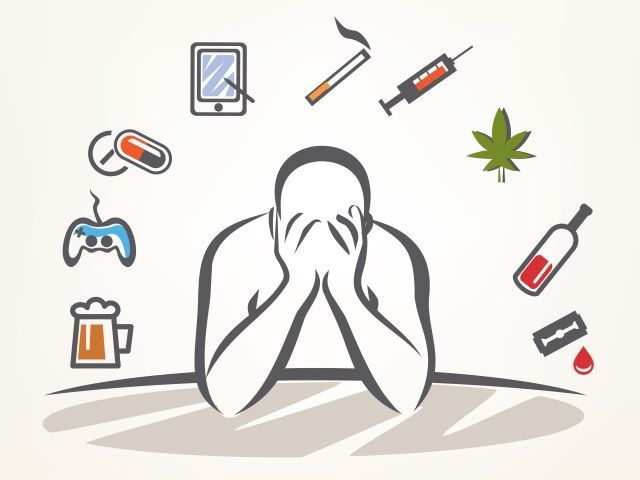
This led to immensely popular teen rebellion movies – Rebel Without A Cause, Footloose, The Breakfast Club, Ferris Bueller’s Day Off and Dead Poet’s Society.
Aside from scenarios played out on the television or big screen, adolescent’s throughout time have experimented and often pushed the limits in regards to alcohol and tobacco use.

REASONS FOR EXPERIMENTATION
Child and Adolescent Behavioral Health’s Substance Use Disorders (SUD) Counselor Dr. Karita Nussbaum provided a number of reasons teenagers in particular experiment:
- Most teenagers see this as goofing around; just testing and satisfying their curiosity
- Teenagers do not correlate their curiosity and playing around with understanding the risks and dangers that can be involved – the attitude “I’ll stop and nothing will happen to me.”
- Teenagers wonder what all the fuss is about. It is not unusual for them to minimize substance use, assuming that “everyone’s doing it.”
- Teenagers tend to push the limits
- Kids that struggle with managing their emotions – stress, anger and sadness might use substances to help them control or avoid these emotions
- Experimentation may start with a tragedy in the family, which could be a death or a divorce
- Some teens use substances to relax, fall asleep or to be more social
Dr. Nussbaum provided some examples of the dangers of adolescents piquing curiosity. She said she had a client, about age 12, whose friends kept asking him to try a substance. The client kept saying “no” until finally he gave in to get his friends off his back. He believed innocently there would be no harm, but he ended up in the hospital because of what was in the substance.
PARENTS – SIGNS TO BE AWARE OF
Today, parents and schools have conversations with kids about the potential pitfalls of experimenting with drugs and alcohol. In spite of the lectures, kids will experiment. For parents, here could be some indicators your child is at risk or using. But the key indicator Dr. Nussbaum said is “knowing your child.”

- Does your child naturally push the limits? If so, this might be an indicator the child will experiment to see what happens.
- Does your child ask a lot of questions? Is he curious? An inquisitive child is curious about what other kids are doing and trying.
- Other indicators could be – does the child spend a lot of alone time? Does the child never have any money from an allowance or their job? If you are in their room, do you notice pieces and parts of unusual things you are not sure of?
- Changes in music taste – liking songs with artists or references to drugs.
- Who is your child hanging out with – have their friends changed? Have you met their new friends?
- Go through your child’s phone – are their numbers you do not recognize?
Dr. Nussbaum said many adolescents experimenting may be an anxious or shy child; have anger issues; and may vape because there is a psychological comfort in doing this. Marijuana has a calming effect for many adolescents diagnosed with ADHD. There are other factors that can play into the experimental phase for kids that lead to addiction – such as family history. Strangely, men tend to misuse alcohol and women tend to misuse pills (opioids).
For kids, as well as adults, triggers to use substances are everywhere. For example, the number appearing on the phone of a using friend, going down a certain street, seeing a particular house or viewing people at the house of where the use is taking place. Sometimes it’s a certain place in the house, like the bedroom or garage.

TRIGGERS AND ADMISSION TO EXPERIMENTING
Child and Adolescent Behavioral Health’s Substance Use Disorders (SUD) Counselor Dr. Karita Nussbaum provided a number of reasons teenagers in particular experiment:
If parents see the warning signs, Dr. Nussbaum recommends “be nosey – look at their phone; talk to their friends;” suggest if the child is willing to get drug tested. And finally, if confronting your child and they admit that they have experimented, Dr. Nussbaum recommends this tip.
“If your child admits experimenting, do not judge,” said Dr. Nussbaum. “Ask questions, talk about what led them to try it? Ask if they liked it (which might be really hard to listen to or accept).
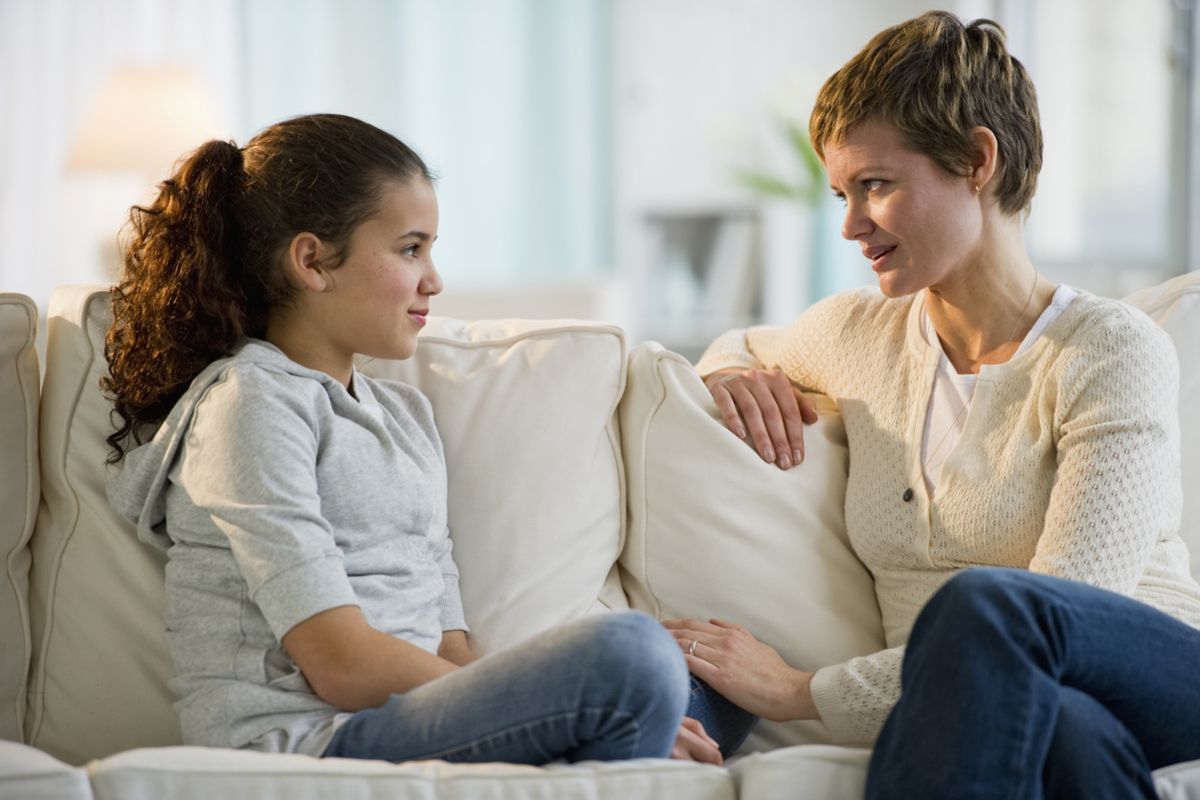
Lastly, if kids see parents drinking excessively or experimenting with drugs, they will think it can’t be that bad. The reality is, once you cross one barrier, it becomes a little bit easier to keep pushing the limits to experiment with a different substance. Soon, the pattern has led to addiction.
If you suspect your child is using or addicted to a substance, please call C&A at 330.433.6075. We have counselors on staff ready and willing to help your child.
RECENT POSTS
